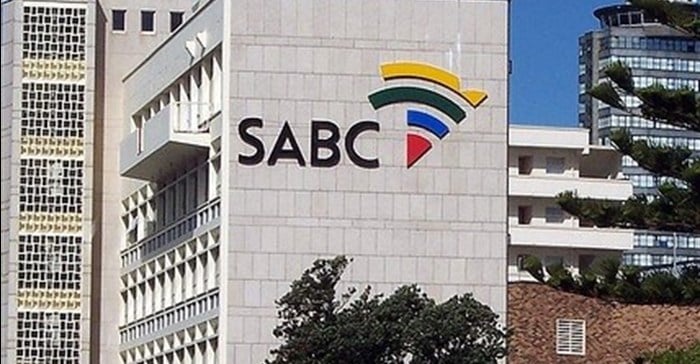By Johnathan Paoli
Parliament’s communications portfolio committee chair Khusela Diko has expressed deep concern over the decision by Communications and Digital Technologies Minister Solly Malatsi, to withdraw the South African Broadcasting Corporation Bill from Parliament.
Diko the move has raised alarm over the future of the public broadcaster and its reform process.
The withdrawal of the Bill comes amid growing pressure on the SABC to address long-standing financial and governance challenges.
But Malatsi believes that the Bill is “totally flawed”,particularly with regard to the public broadcaster’s funding model and concerns over excessive ministerial control on board appointments.
While the minister, as the executive authority, has the discretion to withdraw the Bill at any stage before its second reading, Diko has cautioned that such a move could be disastrous for the SABC’s future.
“We cannot afford to delay the crucial reforms needed to save the SABC. This Bill is vital for the survival of the public broadcaster, and withdrawing it at this stage would be highly ill-advised. It would sound the death knell for the SABC, a strategic institution that millions of South Africans rely on for news, education, and entertainment,” she said.
The Bill, which was first introduced to Parliament in October last year, seeks to address the broadcaster’s governance structure, funding model and legal framework.
It was initiated by the government in 2018, and aims to amend the Independent Communications Authority of South Africa Act and the Electronic Communications Act to secure the broadcaster’s long-term viability.
The process has seen extensive public participation, with stakeholders ranging from civil society groups to organised labour and youth representatives providing feedback on the Bill.
In September, Parliament held oral hearings to address concerns raised during the public consultation process.
Despite the minister’s withdrawal, Diko said she remained confident that many of the concerns raised, such as clarity on the SABC’s funding model and board appointments, were not insurmountable and could have been resolved through amendments.
“The committee has worked diligently to engage with all relevant stakeholders, and we were on track to amend the Bill to address these concerns. Rule 286 of the National Assembly Rules clearly empowers parliamentary committees to amend bills before them, and we were prepared to do so,” she said.
A primary concern raised during the public participation process is the SABC’s funding model.
Diko has urged the minister to prioritise the finalisation of the Audio and Audio-Visual White Paper, which could provide vital guidance on the SABC’s funding model, before withdrawing the Bill entirely.
“The absence of the SABC Bill has already created a significant legislative vacuum, with consequences that could be dire. We cannot allow the SABC to fail, as its collapse would have far-reaching implications for South Africa’s broadcasting sector, including for Sentech, community radio stations and other media entities,” she said.
The SABC, which serves as the country’s public broadcaster, plays a pivotal role in delivering news and public information to millions of South Africans, often in multiple languages, including sign language.
Diko emphasised that the SABC was the only broadcaster with the capacity and reach to fulfil this critical mandate.
In the 2023/24 financial year, the SABC achieved an unqualified audit opinion for the first time in nine years, signalling improvements in its financial management, with Diko commending the efforts of its leadership and staff for their dedication in maintaining operations despite financial constraints.
Diko urged the department to rework the Bill and reintroduce it to Parliament within the current financial year.
In the interim, she called for a proposal of solutions for improving the SABC’s financial situation to ensure its sustainability.
“Should the Bill not be reintroduced in a timely manner, the committee may have no choice but to consider introducing a committee or Private Members’ Bill to ensure the survival of the SABC and the protection of its mandate,” Diko said.
She said the committee remained committed to finding a solution that would safeguard the future of the public broadcaster.
INSIDE POLITICS

